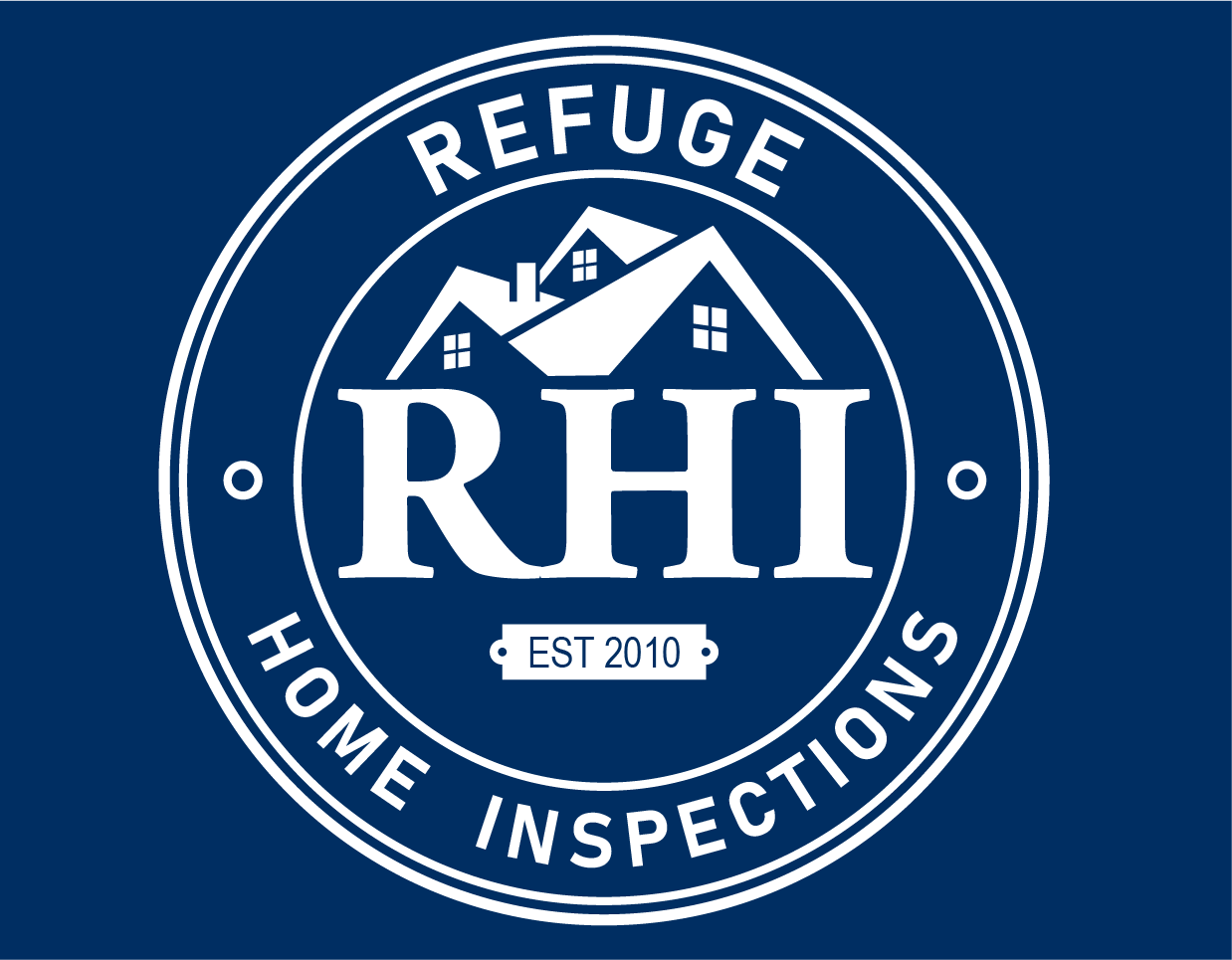
Selling and buying a home is full of emotions for several different reasons. For most, buying a house is the biggest purchase they will make. Many just want to find the best home they can for their family. For some, it is a dream come true to own their own house. Whatever the reason, emotions are always present. And, as real estate prices continue to increase, people are paying top dollar for their homes. Due to this, emotions are running higher so managing them and protecting yourself is more important than ever.
So, you sold a home. Amazing! Then, your buyers move in and inevitably something is not working. They immediately call you and want answers. They are looking for someone to take responsibility. They feel as though they have just been taken by one or more people in the transaction. After all, they just paid top dollar for their home, and it should be perfect. Encouraging a home inspection for your clients limits your liability as an agent.
To help reduce your risk of being named in a lawsuit and to help make sure you have your bases covered, always recommend that your buyer gets a home inspection with a reputable home inspector, not just the cheapest. A home inspector will give your buyer a very thorough look at their home in its current state at the time of the inspection. Also, talk to your buyer about the different ancillary services that they might want or need. The more thorough the inspection, the less likely that they can point fingers at you. Make sure you set reasonable expectations for your buyer for what the home inspector can and cannot do during the home inspection. This is one more way to lower the emotional threshold for everyone.
You also want to disclose, disclose, and then disclose some more. Make sure you are honest and not hiding or not disclosing any negative information or material in your transactions. We understand the stress a home inspection can put on you as the agent, but you cannot just think short-term. You must see the big picture and protect your future too. Every agent wants the deal to work but selling ethically is one more way to help protect yourself in a real estate transaction.

Be sure to respond to clients quickly too. The reality is that we are all living in an instant gratification world, and the sooner you respond, the easier it is to help ease the minds of your clients. They want to know that their voices are being heard and they want reassurance from you. After all, you are the expert. When you respond in a timely manner and reaffirm their concerns, you are building trust.
Also, limit your expertise to your field. You will not have all the answers all the time. Reach out to the expert on each level when you have questions or need assistance. Do not be afraid to let your client know that you do not have that answer, but you can help them figure it out. Home inspectors are the experts in inspecting houses, yet they recommend a specialist in certain areas all the time. This helps them limit their liability too.
If you are working with a seller, you can also recommend a pre-listing inspection. This helps eliminate the fear of the unknown that comes when the buyer is planning to have an inspection. This allows the seller to gain a better understanding of the current condition of their home. This knowledge allows the seller not only to decide what to fix, but who will fix it. If the owner decides not to fix issues before selling, it reduces seller and seller’s agent liability. Knowing the issues allows you to add them to the seller’s disclosure and even share a copy of the report if you wish.
As an agent, you should always want to help protect your interest and the interest of your clients. Provide excellent service for your clients and help set realistic expectations for the home buying process. Keep things as simple as you can to avoid any misunderstanding. You can use reminders to make sure you do not miss any important deadlines. If your clients know what to expect or what can happen, then it eases their minds when it does happen. Finally, make sure you have insurance to cover you for all business aspects, because you never know when something could go wrong. Following these simple guidelines will help you reduce your liability when helping clients buy and sell homes.

